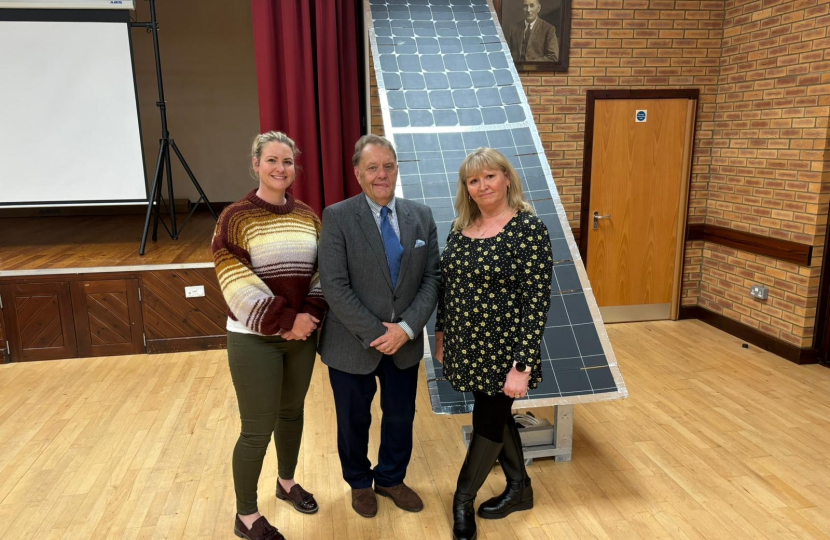
The UK’s last coal power station, in Nottinghamshire’s Ratcliffe-on-Soar, has closed permanently. For nearly 150 years, coal was at the core of our country’s energy production, now we have become the first major economy to give it up entirely.
There are sensible reasons for reducing our dependence on coal, which is dirty and pollutes the air we all breathe, but there is a short-sighted folly at the core of our national energy policy; as we close the door on energy from domestic coal, Britain is importing record amounts of electricity from overseas – costing over £250 million each month.
Ensuring enough energy to light and heat our homes, and provide the power our economy needs, depends on a balanced policy, led by Government. Crucially, power must be available at prices which households and businesses can afford. So, imposing huge bills to meet arbitrary climate change targets is neither wise, nor fair.
Reducing carbon emissions matters, but a measured approach must promote a mix of energy generation involving renewables, alongside a sensible balance of gas, clean coal and nuclear power. Instead, the Government is pursuing net zero goals - including unrealistic interim targets - even if it means compromising food security by building countless solar panels, giant pylons and wind turbines on the most productive farmland.
This is plainly senseless. Our county boasts more Grade 1 agricultural land than any other, and so is at particular risk. Yet Britain needs Lincolnshire’s farmers and growers, who, combined, produce 12% of the country’s total food, including around 30% of the UK’s vegetables, 20% of sugar beet, 18% of its poultry, and 20% of England's potatoes. That’s why my long running campaign to defend Lincolnshire’s best farmland continues. In Parliament last week I emphasised the need to develop a coherent long-term plan for food security. We must grow more of what we consume, shortening supply lines to bolster national economic resilience.
The aesthetics of our homeland matter too. The flatness of the landscape means that any tall structure has a disproportional effect on open views of big skies for which the Fens is famed. Barns, windmills and, most especially, our splendid churches were once all that stood above the domestic roofline, now we face a forest of industrial structures.
Here in South Holland, our councillors are at the forefront of this battle. Last week, led by Conservative Councillor Laura Eldridge, they gave their unanimous support to the protection of our area’s fertile farmland from large solar installations, pylons and electricity sub-stations, calling on national authorities and infrastructure project planners to recognise the importance of the Fenland landscape and South Holland’s role at the heart of national food production.
This work will play a key part in protecting our natural environment from a growing number of stealthy energy projects. For my part, each week in Parliament I question the new Government, emphasising that clean energy should not come at the cost of food security. Clearly the need to import more food in lieu of lost domestic production would lengthen supply chains, consequently damaging the environment.
I will do all I can to secure designated protection for Lincolnshire, given its essential role in food production. A common-sense policy which harmonises energy security and food security is vital for generations to come. Our fight for the future of the Fens is inspired by a debt owed to those who came before us and a duty to those born later.
